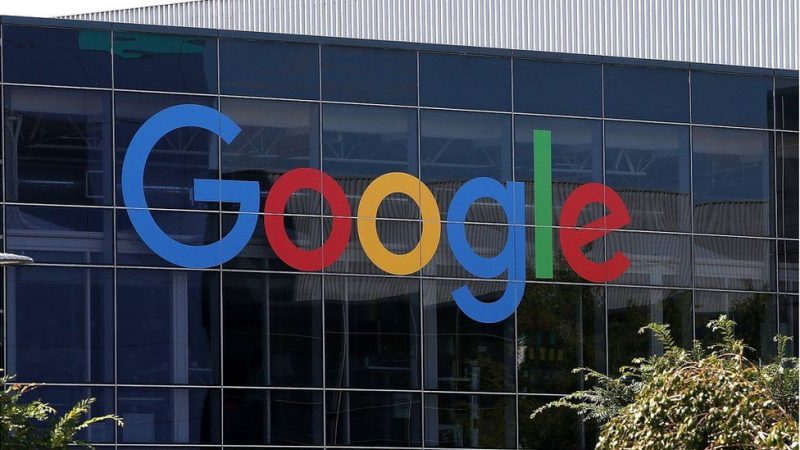Corporations have the ability to hire some of the best lawyers, advisers and consultants. Because laws are often confusing and exploitable, it’s this very reason as to why many corporations are avoiding paying the tax of which they ideally should.

However, the British government has decided to add pressure onto any large business, especially corporations, how aren’t paying tax. With that said, it must be granted as a success to see Google announce that they’ll be paying £130 million in tax revenue, even though it’s a back-dated payment – it was detected by HMRC.
Interestingly, the UK is one of Google’s largest markets, yet it only paid just over £20 million in taxes during the year of 2013. In comparison, the corporation made over £3.5 billion within that very year. In other words, Google paid next to nothing.
Corporations have been greeted with disgust by the British public, all because of the typical industry concept with avoidance of paying tax. After all, why should the average person pay tax when a corporation isn’t? A widely held view. It seems inevitable that any big corporation that is trading in the UK will now be investigated with the main aim of generating vast amounts of tax revenue.
It’s still a tiny amount of money when considering the size of Google and its operations, but it will be seen as a victory to the current conservative government whose goal it was to gain fresh tax revenue from such unethical activity.
#Google tax bill is a victory for the action we’ve taken.I introduced Diverted Profits Tax.We now expect to see other firms pay their share
â George Osborne (@George_Osborne) January 23, 2016
George Osborne, British chancellor, states that whilst British tax is low, it still must be paid. Amazon, Facebook and Starbucks are now under investigation by HMRC. Shockingly, Facebook paid a total of around £4000 of tax in the year of 2014.
This news also comes with another message – watch out corporations, HMRC could be coming for you.









